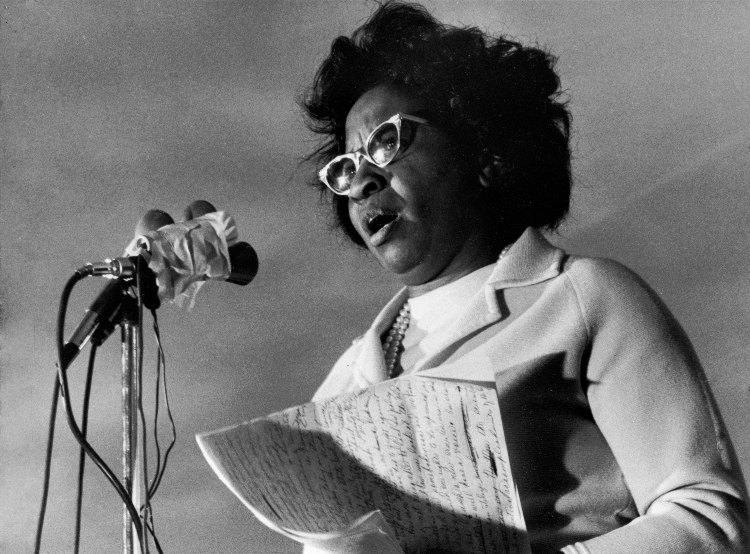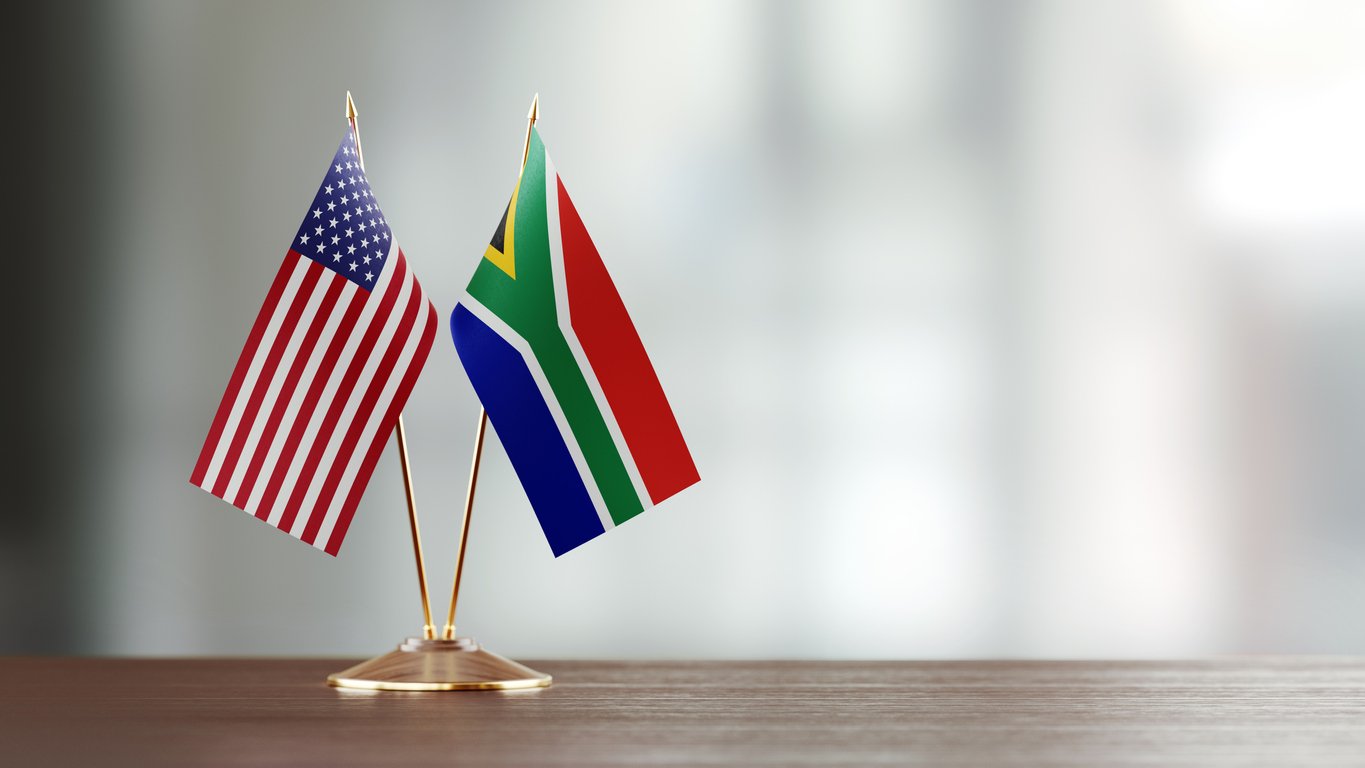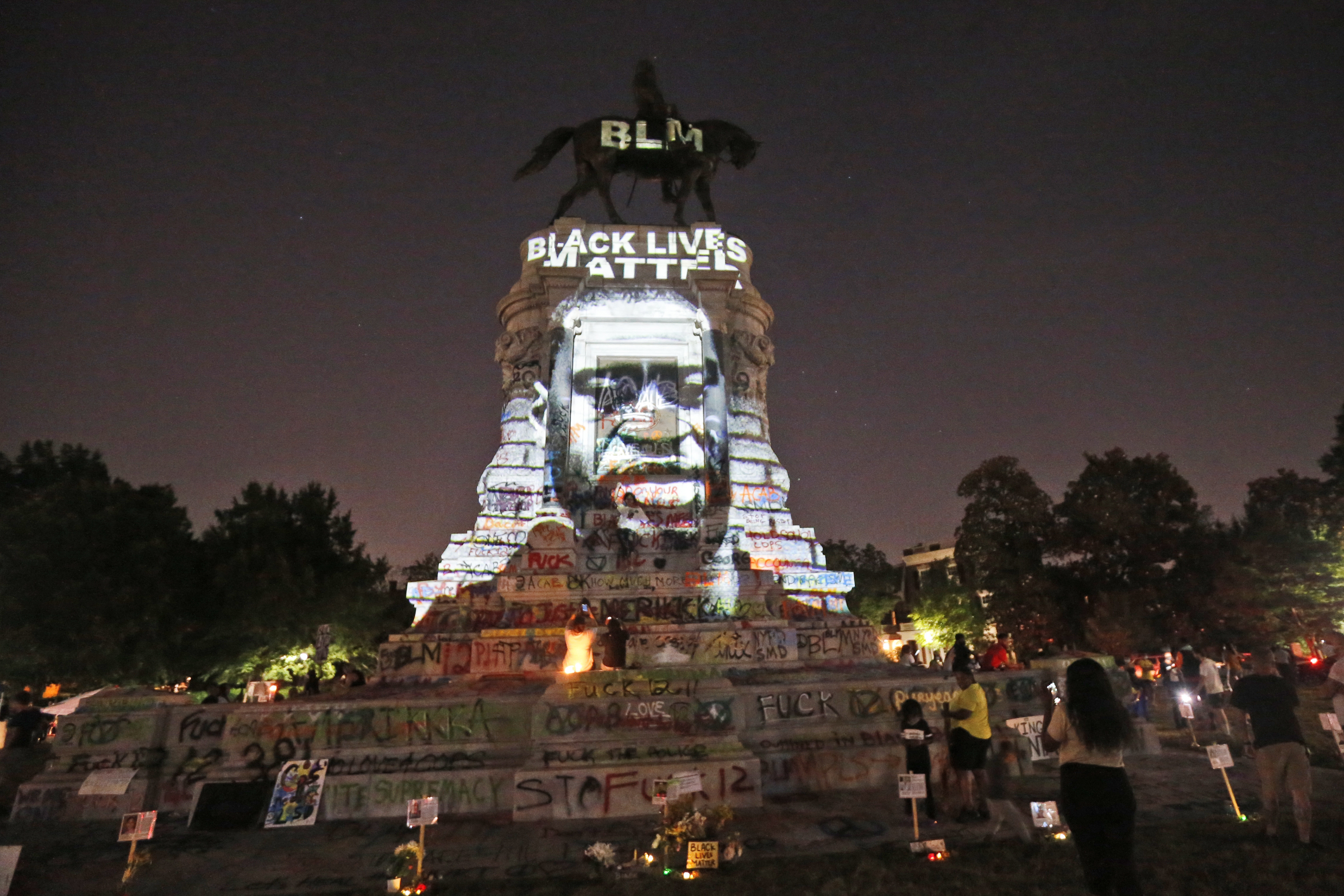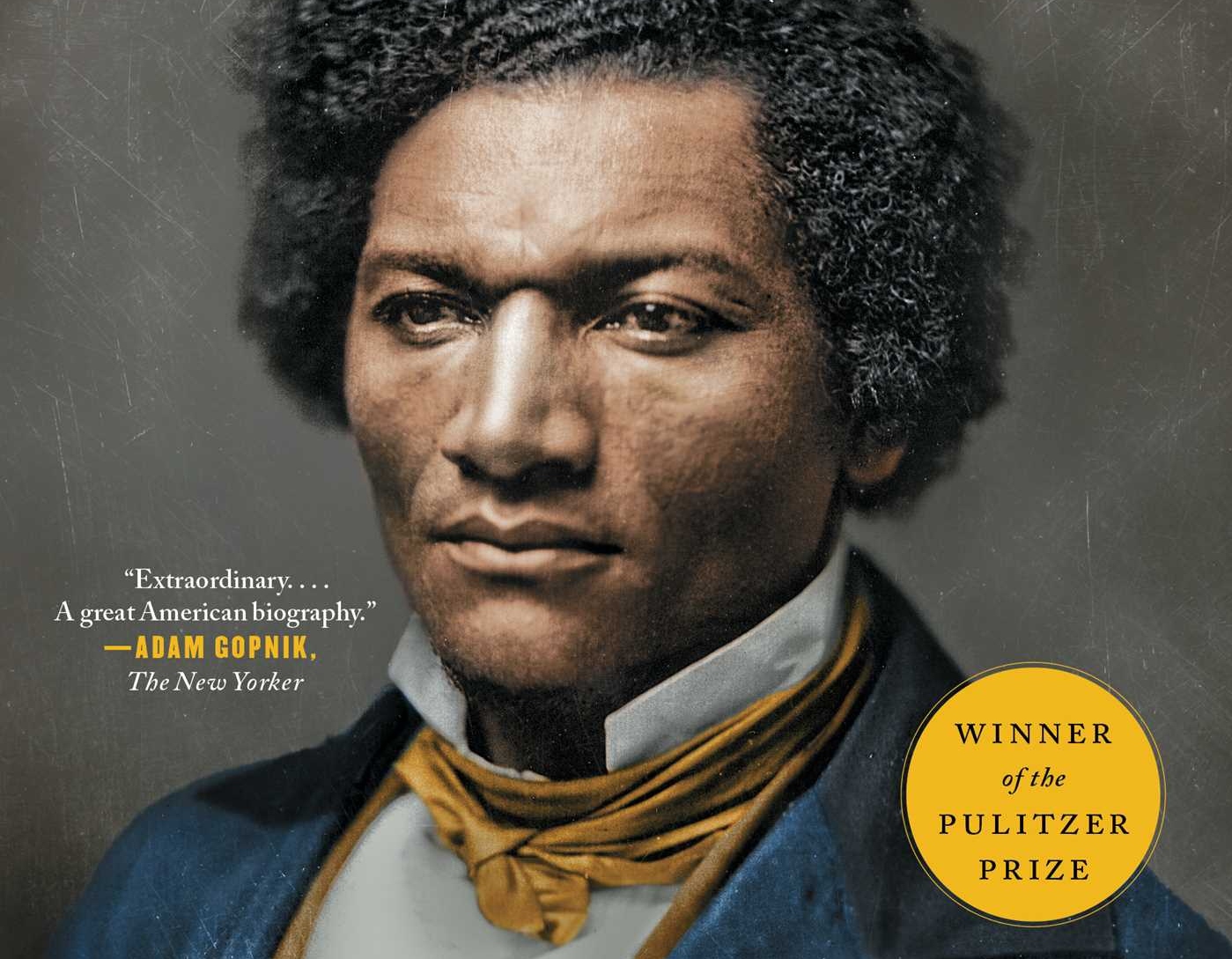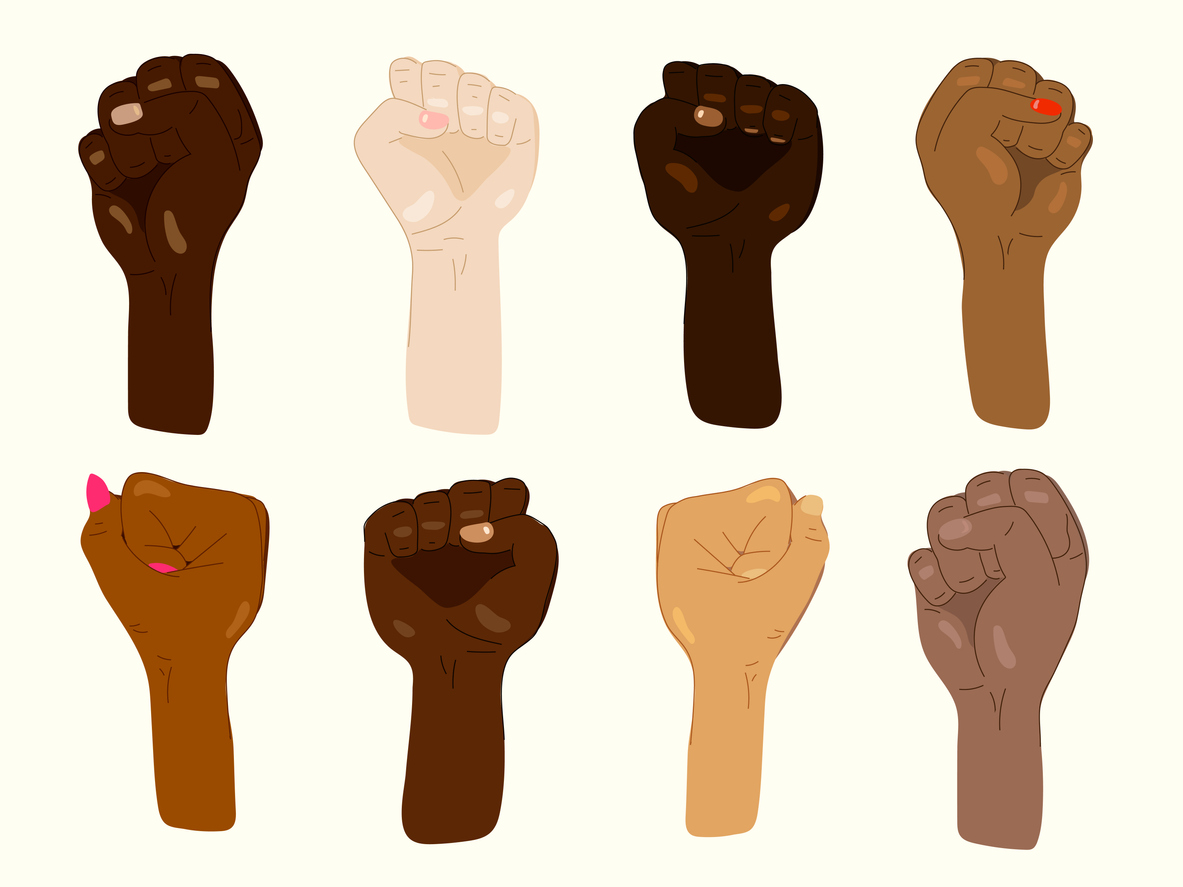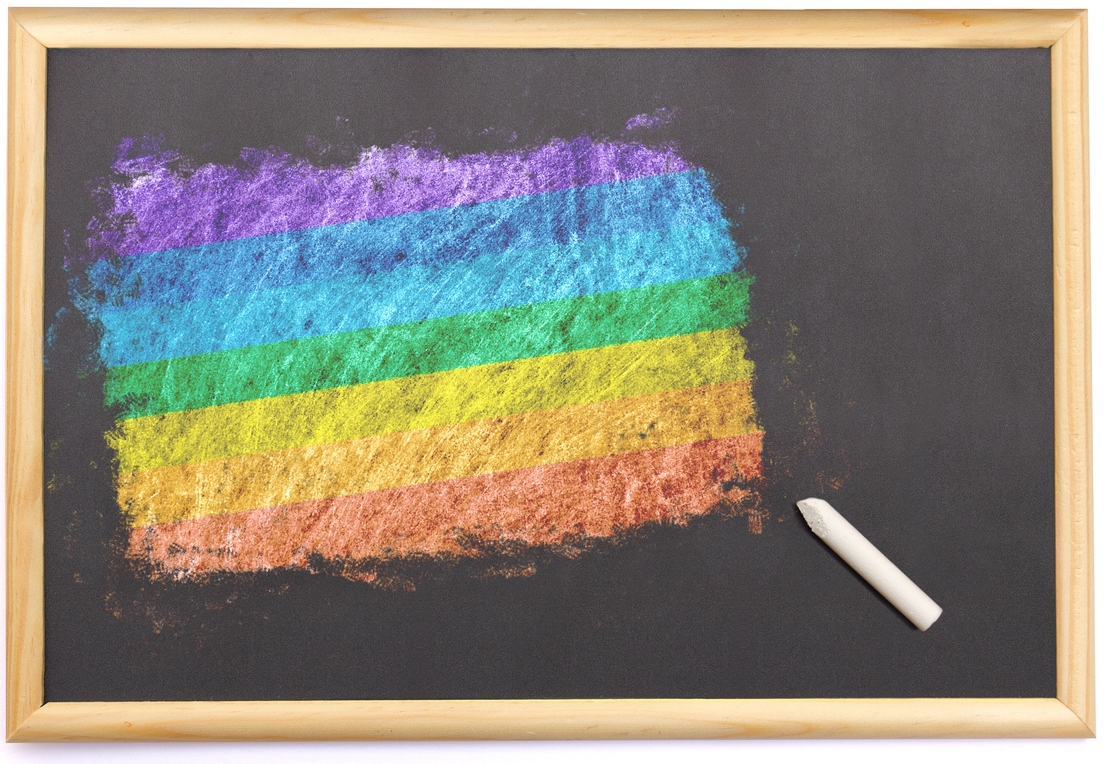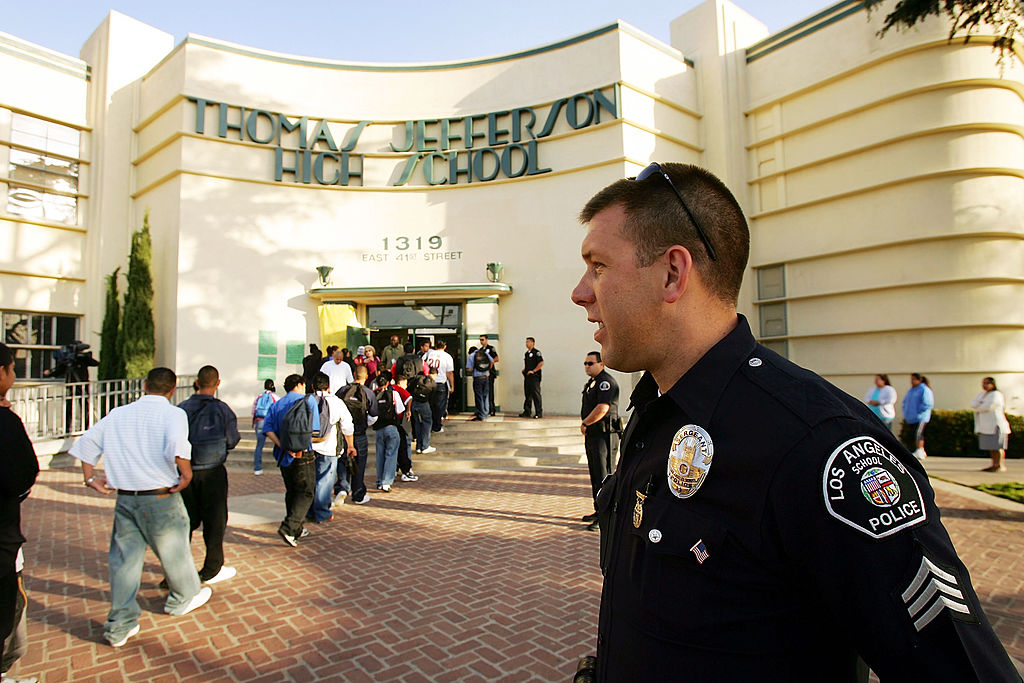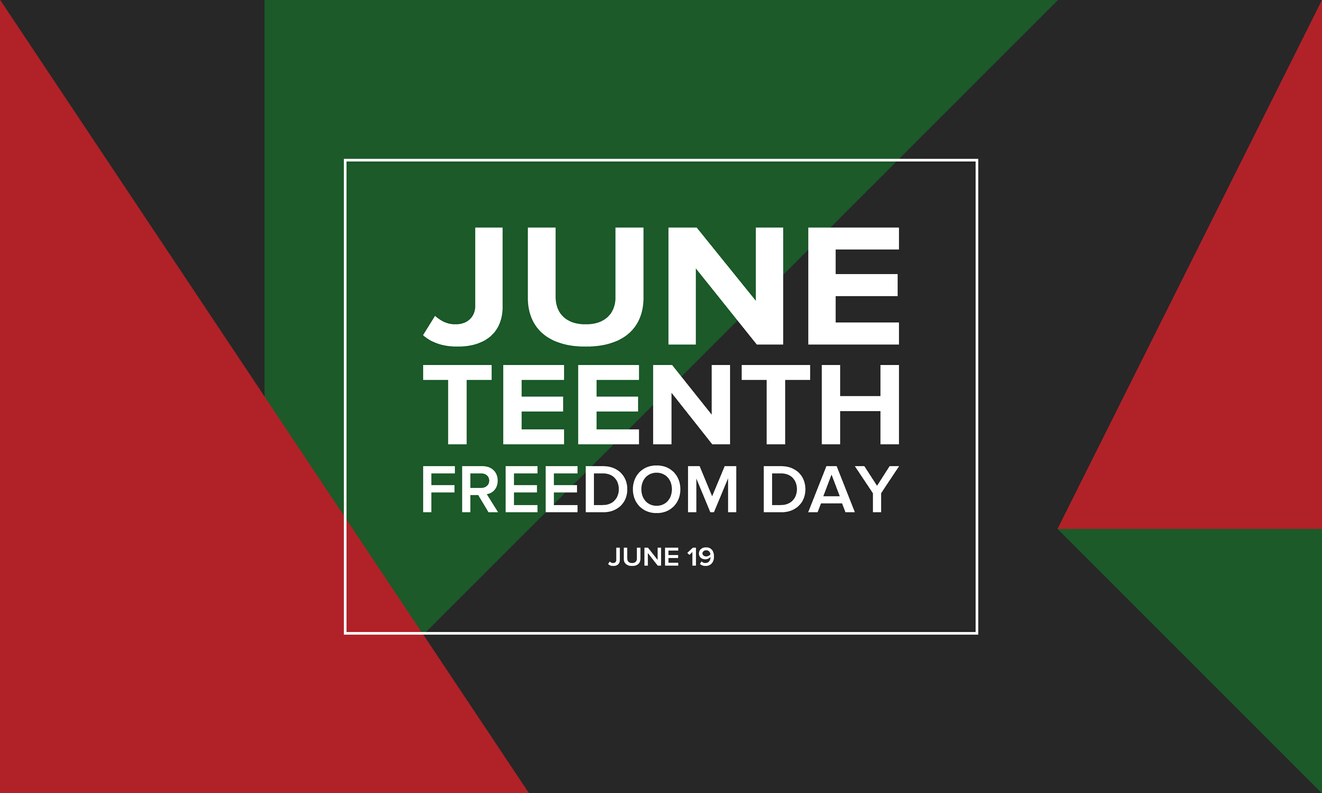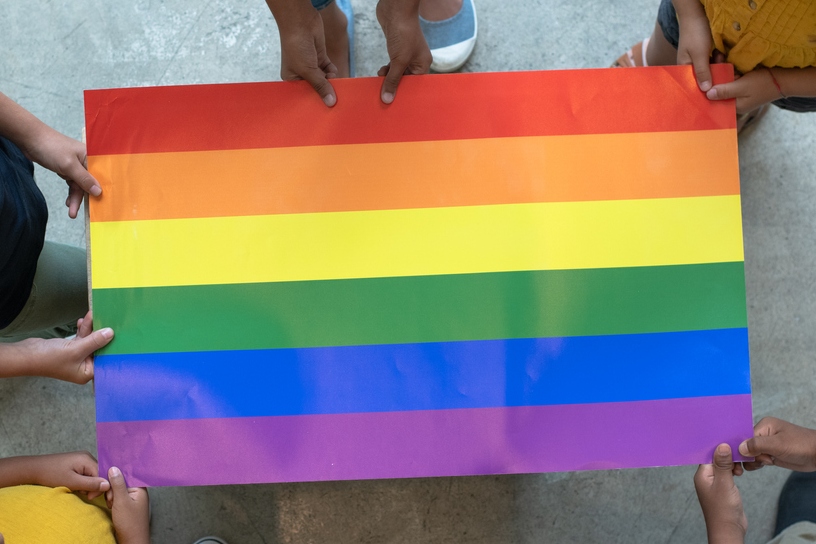Amid the traumas and upheavals sweeping our communities over the last many months, education leaders everywhere have been urging schools to center social-emotional learning (SEL) this fall. Whether one’s coursework will be conducted online, in person, or through a hybrid format, SEL is a foundation of effective teaching in the best of times and a vital lifeline in times of difficulty. In these times, it is crucial that educators come equipped with an educational plan that begins with nurturing adolescents’ sense of community and connection at school. And it is also crucial that educators come prepared to acknowledge the diverse array of experiences that community members are bringing back into the classroom. The demands of teaching don’t always allow educators to take a deep dive into the how’s and why’s of SEL but there’s never been a better time to do so. Here’s what educators need to know about this essential framework this year.
Teaching to Transform: Dr. Karlos Hill on Educator-Activist Clara Luper
Posted by Kaitlin Smith on July 23, 2020
In a recent interview, I spoke with Dr. Karlos Hill concerning the life and legacy of educator-activist Clara Luper. Dr. Hill is Associate Professor and Chair of the Clara Luper Department of African and African American Studies at the University of Oklahoma where he teaches the history of racial violence in the U.S. He serves on the Facing History and Ourselves Board of Scholars. He is the author of Beyond the Rope: The Impact of Lynching on Black Culture and Memory, The Murder of Emmett Till: A Graphic History, as well as a forthcoming book entitled The Tulsa Race Massacre: A Photographic History. In 2023, Dr. Hill plans to publish a new edition of Clara Luper’s memoir Behold the Walls that chronicles the Oklahoma City Sit-In Movement. In this interview, we discuss the history of the Oklahoma City Sit-Ins and Clara Luper’s approach to teaching as an educator-activist. Luper was a history teacher at Dunjee High School in 1957 when she became an adviser to the Oklahoma City NAACP’s Youth Council. In that role, she helped to spark a desegregation movement that would sweep the country.
Topics: Teachers, Black History, student activism
“Injustice anywhere is a threat to justice everywhere. We are caught in an inescapable network of mutuality, tied in a single garment of destiny. Whatever affects one directly, affects all indirectly.” Dr. Martin Luther King, Jr.
Topics: South Africa, Racism
What have our communities and nation chosen to memorialize and why? These are among the questions that Americans are grappling with in the midst of massive social upheaval and a growing list of instances in which protesters are removing or defacing monuments celebrating historical figures—monuments they feel celebrate racist legacies and signal an ongoing commitment to upholding racism. This wave of direct action has also spread to countries like England and Belgium as their populations reckon with the legacies of racism and colonialism in their own corners of the globe. Facing History invites educators to explore the following lessons on the contested meaning of monuments and historical symbols, as well as how new monuments and symbols have the potential to ground us in narratives that aid repair:
Topics: Memorials, Racism, Black History
Each year for Independence Day, students of history read and reflect upon Frederick Douglass’ landmark speech “What to the Slave is the Fourth of July.” In recent years, scholars have begun to reexamine the life and legacy of this famous abolitionist and orator. Guest writer Thomas Simpson offers a review of historian David Blight's Pulitzer Prize-winning biography, Frederick Douglass: Prophet of Freedom. Thomas holds a master's degree in History from Georgetown University and is a core member of Facing History's Marketing and Communications team.
Topics: Reconstruction, Racism, Slavery
In collaboration with Facing History UK, educator Sanum Khan recently interviewed 18-year-old Kam Lambert about his experiences of growing up as a mixed-race young man in Britain, and how the events of recent months have impacted him. His insights and experiences send several powerful messages to us all within and beyond Britain. Facing History UK is an entity of Facing History and Ourselves, and Sanum Khan is a Facing History teacher and Specialist Leader of Education for Religious Studies and Personal, Social and Health Education in Buckinghamshire.
Topics: United Kingdom, Racism, Black History, white supremacy
Teaching While Queer: One Teacher on Being Out in the Classroom
Posted by Kaitlin Smith on June 25, 2020
In a recent interview, I spoke with educator Emily Haines—teacher and literacy coach at the Laboratory School of Finance and Technology in the South Bronx. A founding teacher at the Facing History School in Manhattan, Haines discusses her experience being an out lesbian, white, middle-class teacher over her 22-year career, as well as approaches she recommends to LGBTQ educators she coaches and how she deploys intersectional thinking to support members of her school community.
Topics: Upstanders, Racism, LGBTQ
As the George Floyd protests continue in cities around the country, debate continues to mount about the future of policing. A wide network of activist groups have been calling for the nation’s police departments to be defunded, insisting that attempts at incremental reform have failed and alternative approaches to public safety must be implemented. Meanwhile on Capitol Hill, a coalition of House Democrats is advocating an alternative approach, asserting that we can reduce wrongful fatalities within existing systems of policing. As debate continues to rage, these efforts are provoking hard questions about the best possible outcomes of police reforms and whether they would be enough to protect black lives, if achieved.
Topics: American History, current events, Black History
Described as a second independence day, June 19th or Juneteenth marks the day that emancipation reached slaves in the furthest reaches of the South. While the Emancipation Proclamation proclaimed that all slaves held within the rebellious states were freed, plantation life continued as though no change had occurred in many parts of the slaveholding South until this day. Juneteenth is a time to reflect upon this history, including the steps toward freedom that have been achieved and the forces that continue to undermine the freedom of African Americans. Juneteenth entered public consciousness recently when it was announced that the Trump campaign would hold a rally on that date in Tulsa, Oklahoma, the site of what is considered the worst race massacre in American history—one in which white mobs murdered over 300 African Americans. These plans were amended after provoking a wave of criticism about the insensitivity and even threat contained in such a decision in these times of ongoing unrest. These events provoke a number of questions but one thing is certain: finding the gumption to face our history, connect it to current events, and take action is perhaps more crucial now than ever before.
Topics: Reconstruction, American History, Black History
Centering Queer History and Students in the Classroom: Insights from Eric Marcus
Posted by Kaitlin Smith on June 17, 2020
Eric Marcus, host of the acclaimed Making Gay History podcast and author of Making Gay History, spoke with Facing History in a recent webinar about teaching students with LGBTQIA+ histories and experiences in mind. Marcus’ critically acclaimed podcast is based on a wealth of exclusive interviews he conducted with LGBTQIA+ people beginning in the 1980s. Here we highlight some of Marcus’ most essential insights about the importance of teaching and learning LGBTQIA+ history, as well as the impact on students with those identities.
Topics: LGBTQ


